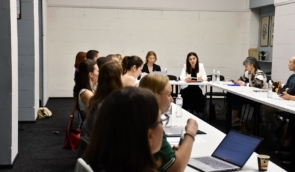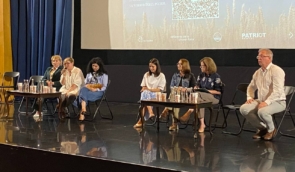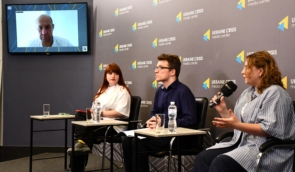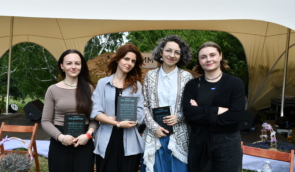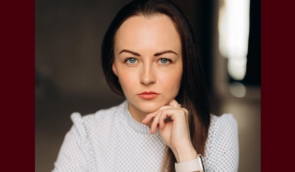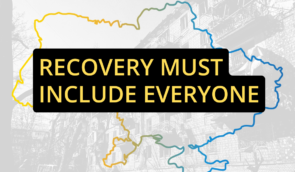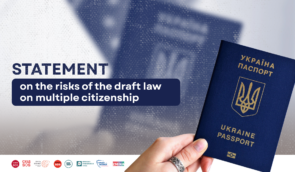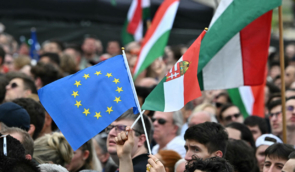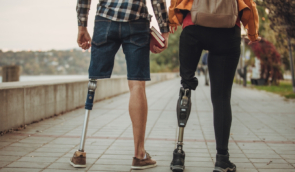184 freedom of speech violations recorded in Ukraine this year
In January-October 2020, 184 violations of freedom of speech were recorded in Ukraine. Accounting for almost 80% of all violations, physical aggression against journalists remains the main trend.
Executive Director of the Institute of Mass Information (IMI) Oksana Romaniuk made a corresponding statement during the online briefing “Persecution of journalists in Ukraine: how to put an end?” timed to the International Day to End Impunity for Crimes against Journalists.
The obstacles and restrictions in the work of journalists by authorities at various levels has become the second trend this year, Romaniuk noted. Under the pretext of coronavirus quarantine, journalists are illegally barred from the open sessions of the government agencies and hearings on socially important issues. As a result, the Ukrainian citizens may not receive important information.
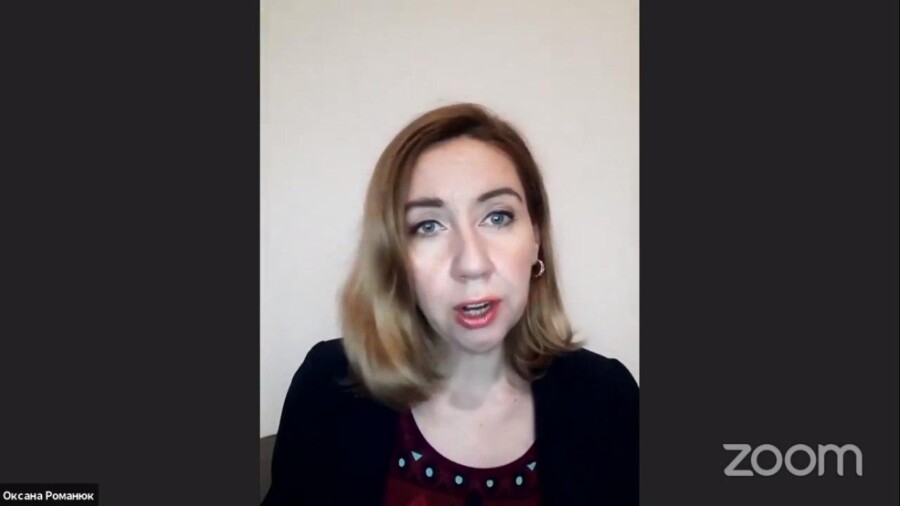
According to the IMI monitoring results, the right of journalists to profession was mostly violated by individuals, local authorities, law enforcement officers, the judiciary, the President’s Office and others.
One of the recent cases of obstruction of journalistic activity occurred with Tayisia Kutuzova, a journalist and documentary filmmaker. She was attacked by police in the village of Hatne, Kyiv region, when shooting a documentary about local activist Serhiy Chaharov.
“The attackers did not introduce themselves and did not show their ID badges. They twisted my arms and wrestled my camera away, damaged a camera microphone. After the attack, another police officer apologized for his colleagues. However, the officers, who had attacked me, did not feel guilty and did not apologize,” Kutuzova said.
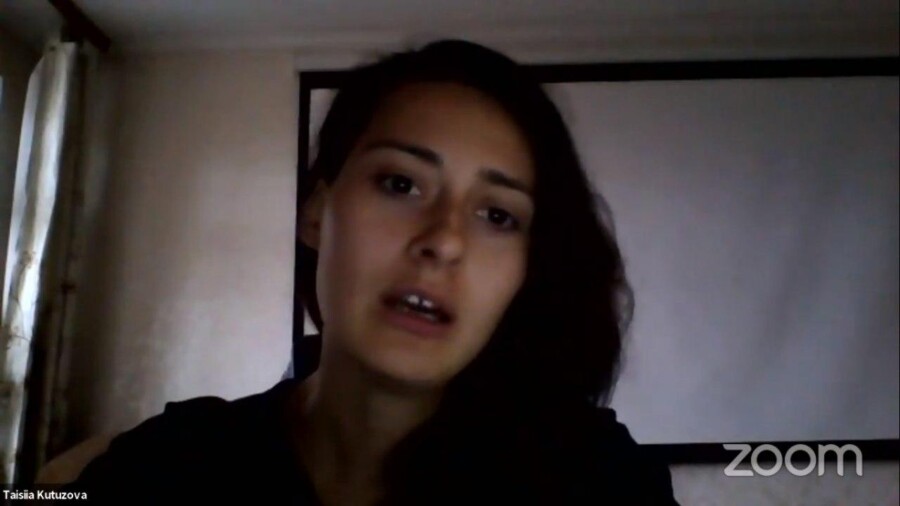
The filmmaker filed a report on crime with the State Bureau of Investigation, but it was not entered in the unified register of pre-trial investigations for more than a week although that must have been done within 24 hours. Moreover, after the attack, the press service of the police reported that the attackers had not been police officers. Only wide coverage and pressure exerted by the media community forced the police to register the attack on her, Kutuzova said. The journalist has so far been questioned by an investigator, but the police officers who attacked her have not yet been questioned.
Oleksandr Burmahin, media lawyer and director of the NGO Human Rights Platform, noted that despite the active efforts of their organization to ensure the safety of journalists, there are still problems with the effectiveness of investigations into the cases of obstruction of legitimate professional activities of journalists and attacks on them.
According to him, often criminal proceedings are not opened and are not investigated within the timeframe specified by the law. In addition, law enforcement officer still may consider journalists’ reports on crimes related to their professional activities as citizens’ appeals, as well as to close criminal proceedings without a reasonable basis.
“We see disappointing statistics. There are very few cases that actually reach a court with indictments, and even fewer sentences are passed,” Burmahin said.
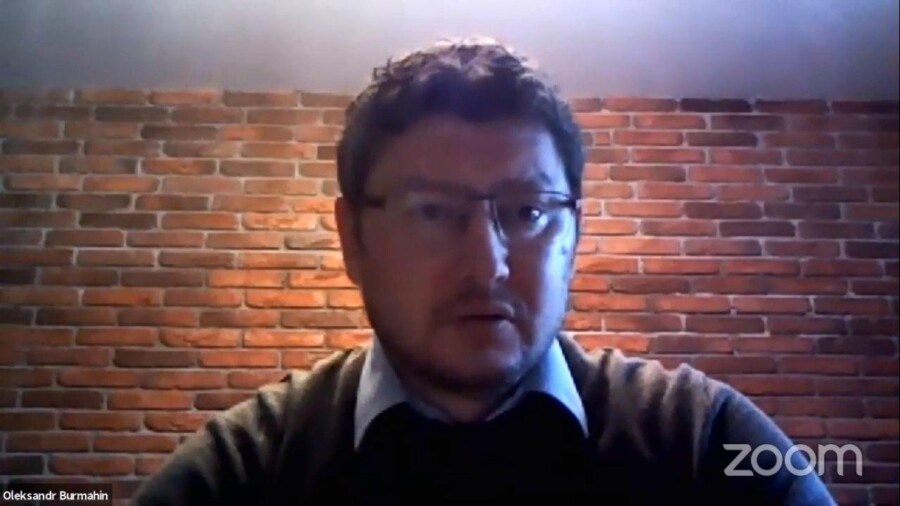
However, while journalists have an opportunity to assert their rights in the government-controlled territory of Ukraine, the situation with freedom of speech in the temporarily occupied Crimea remains very difficult from year to year. Since the beginning of the occupation, human rights activists have recorded more than 300 cases of persecution of journalists and media outlets in Crimea.
The Prosecutor’s Office of the Autonomous Republic of Crimea investigates 17 criminal proceedings over the crimes committed against journalists in Crimea. In eight of these proceedings, 13 persons were served with the notice of charges. These cases were open under several articles, including Article 146 “Illegal confinement or abduction of a person”, Article 170 “Preclusion of legal activities of labor unions, political parties, and non-governmental organizations”, Article 171 “Preclusion of legal professional activities of journalists”, Article 345-1 “Threats or violence against a journalist” and others.
Аgainst the background of the destruction of independent professional journalism, the citizen journalism emerged in Crimea. The Crimean Solidarity activists, despite persecution by the occupying power, try to talk about what is happening on the peninsula through livestreams and social networks.
According to Lutfiye Zudiyeva, an activist of the Crimean Solidarity initiative, eight citizen journalists are currently in prison and one more journalist is under house arrest for health reasons. These are live streamers and citizen journalists of the Crimean Solidarity: Server Mustafayev, Tymur Ibrahimov, Marlen Asanov, Seyran Saliyev, Remzi Bekirov, Ruslan Suleymanov, Osman Arifmemetov, Rustem Sheikhaliev and Amet Suleymanov. All of them were unjustifiably detained and became victims of politically motivated persecution and fabricated “terrorism” charges.
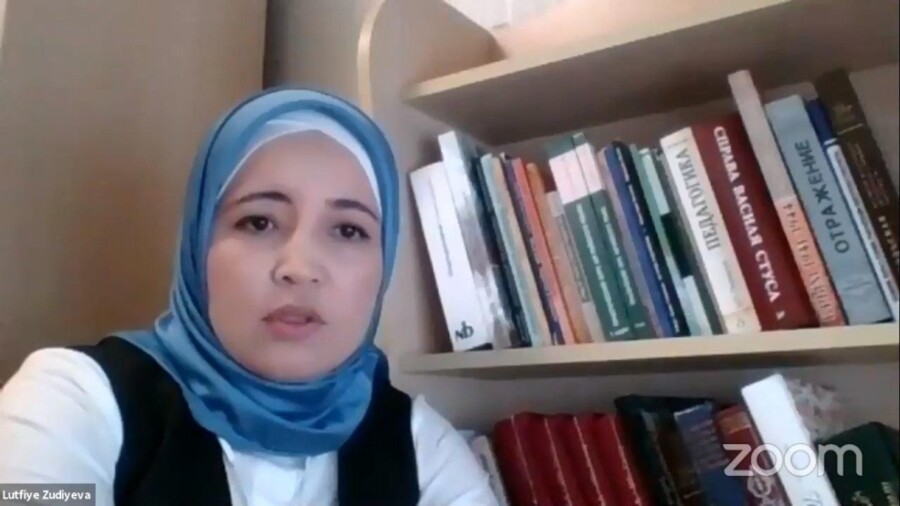
To date, Server Mustafayev, Tymur Ibrahimov, Marlen Asanov and Seyran Saliyev were convicted of “terrorism” and sentenced to 14 to 19 years in prison. Remzi Bekirov, Osman Arifmemetov, Ruslan Suleymanov, Rustem Sheikhaliev face terms of 15 to 20 years.
Illegally imprisoned citizen journalists desperately need the support and wide coverage of their stories. To this end, Lutfiye Zudiyeva invites concerned people, representatives of embassies, international organizations and human rights activists to attend the court hearings taking place in Rostov-on-Don.
“Earlier, the Ministry of Foreign Affairs of Ukraine announced an initiative to assign authoritative politicians and public figures to each political prisoner so that stories of each prisoner can be conveyed to a wider range of people. We think this is an effective way. In addition, it is important to achieve a more active participation of MEPs and to initiate appropriate statements, for example, from the European Parliament. And, of course, it is necessary to constantly organize information platforms, various events, discussions of human rights activists to inform more people about the repressions in Crimea,” Zudiyeva added.
Matthew Schaaf, Director of Freedom House Ukraine, believes that journalists play a crucial role in the development of the democratic system in Ukraine, in the protection of human rights and in the fight against corruption. Schaaf is convinced that journalists must be protected by law and culture as the threat to freedom of speech is a threat to democracy and human rights.
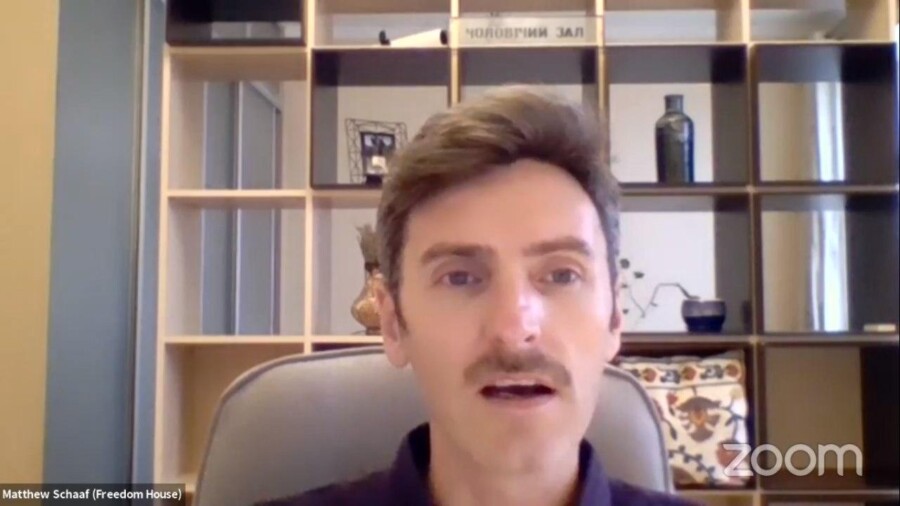
If you have found a spelling error, please, notify us by selecting that text and pressing Ctrl+Enter.

